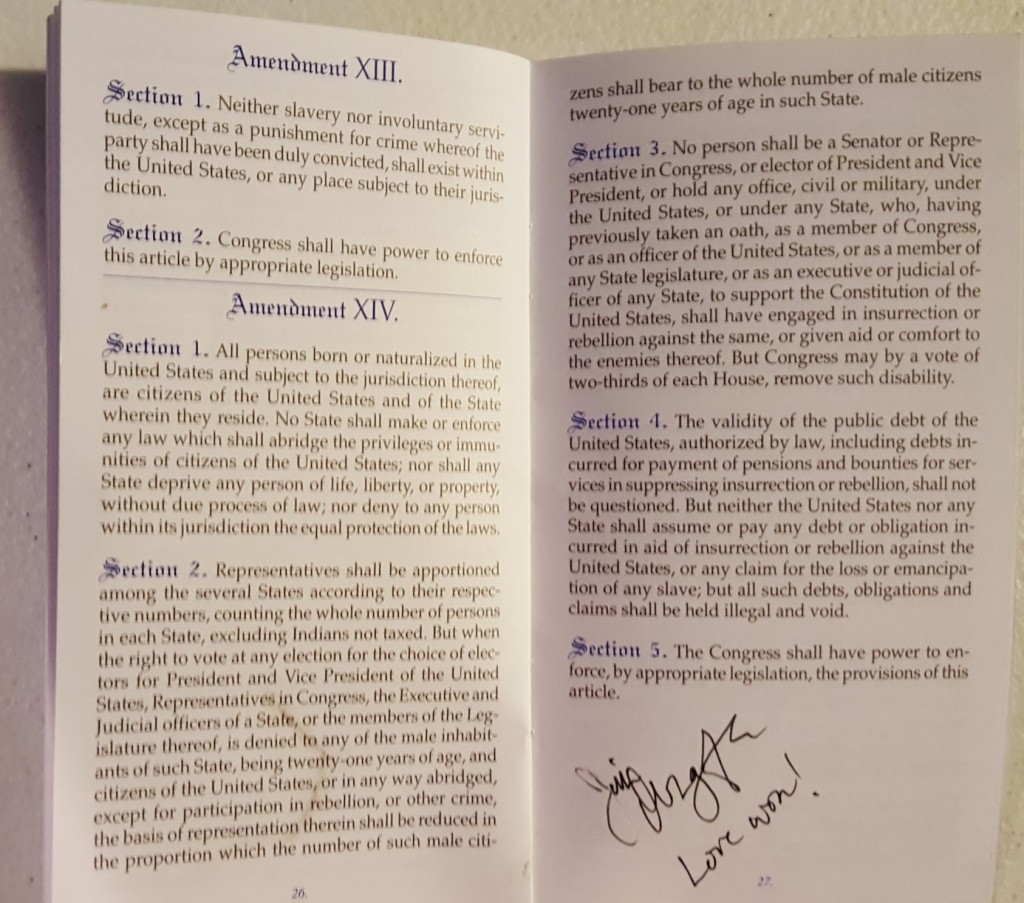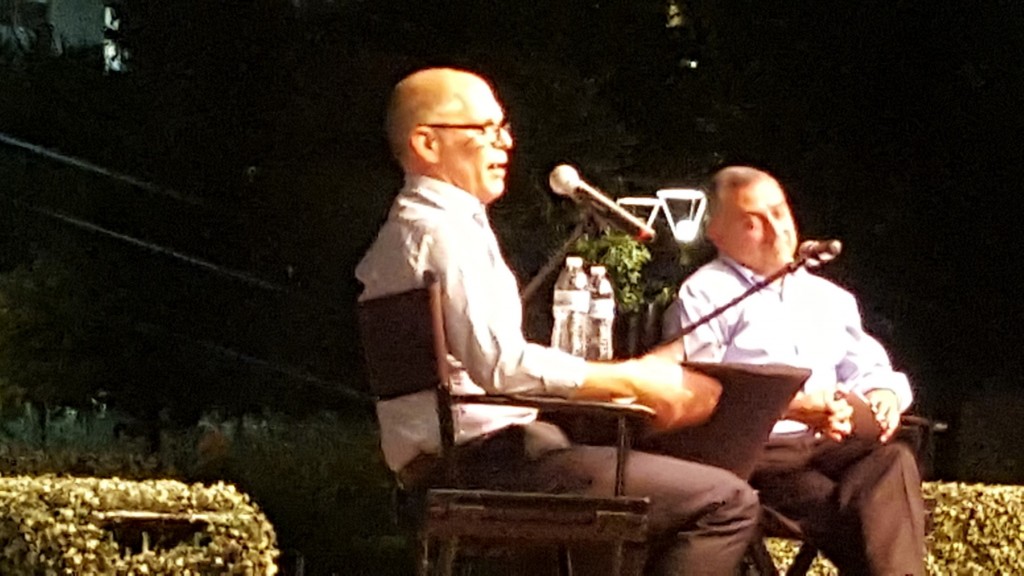Seth Chandler, at his indispensable blog, explains that in 2016, there will be far fewer choices, and higher prices at HealthCare.gov. In short, there are fewer PPOs available, forcing people to sign up for HMOs. HMOs offer far less choice for people to choose what doctors to visit. Further, the more generous Platinum and Gold plans are increasing in price far more than the Bronze and Silver Plans. This will shift people into the cheaper plans, with higher deductibles and less coverage. While the ACA avoided an adverse selection death spiral in 2014 and 2015, in 2016 and beyond, certain segments may become too fragile, and prone to adverse selection. This is especially true when insurers subsidies are scheduled to disappear next year.
Here is Seth’s conclusion:
The data shows that platinum plans and PPO plans are shrinking in prevalence and that the gross premiums for such plans are going up. One might say that this development is not so awful since it leaves in place a market for more basic plans: HMO plans for example or silver and gold plans. Perhaps the government should not be subsidizing individual’s choice of doctors or fostering plans, such as platinum plans, that fail to deter excess medical consumption. Such is not, however, the promise of the ACA or, I suspect, the desires of many of its proponents.
Moreover, we are in a dynamic situation. Think about next year when the insurer subsidies are supposed to disappear and when the chronically ill people who were in platinum and/or PPO plans migrate into the next best thing, a gold plan or, if one is available, a POS or EPO plan. Suddenly those plans become vulnerable to adverse selection pressures. And for 2017 we might thus expect to see yet further shrinkage of PPO and platinum plans and greater pressures on everything but the basic Bronze and Silver HMO plans. When that happens, the adverse selection death spiral will not only start biting wealthier purchases or those with chronic conditions, but mainstream America. Private health insurance is fragile. It generally does not well withstand the sort of underwriting regulation imposed by the ACA. The conceit of the ACA proponents was that they had engineered a system — the “three legged stool” so strong that it could resist the almost invariable pressures of adverse selection. If I am right, and regardless what one thinks about the motives of those proponents, we are beginning to see that the engineering was just not good enough.
Obamacare’s greatest threat is no longer the courts, but the law itself.




